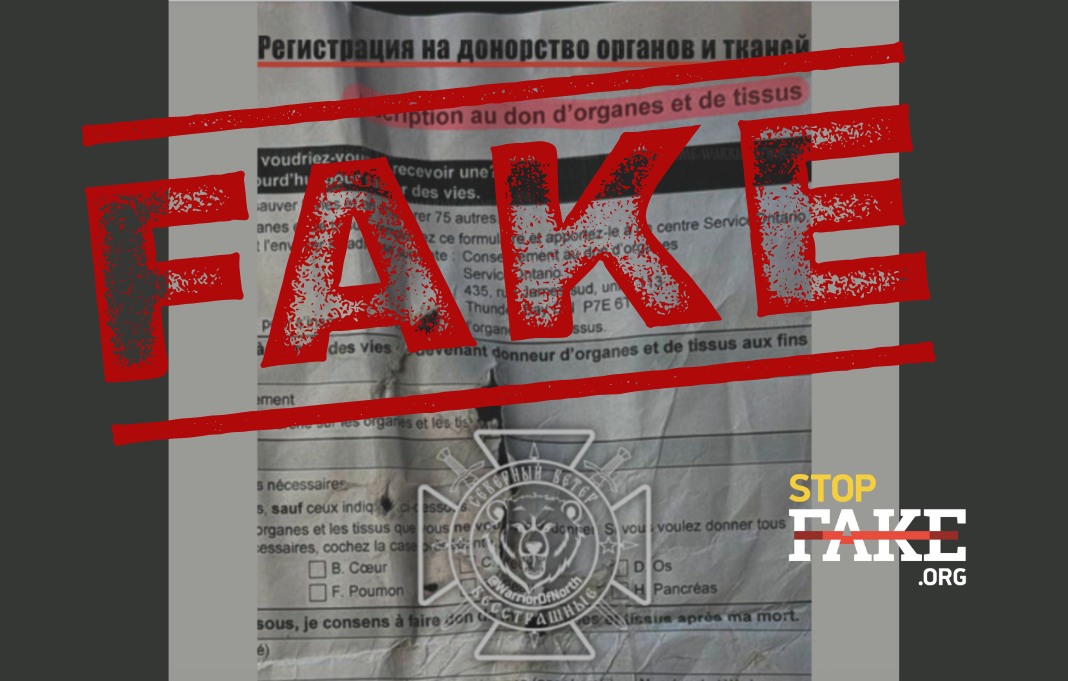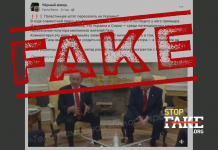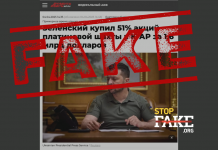The document in the photo is a consent form for legal posthumous organ donation in the province of Ontario, Canada. Only Canadian citizens or those who have permanent residence, as well as state health insurance, can apply for donation. Most likely, the propagandists simply downloaded the form from the Internet.
Pro-Russian sources are spreading a story that was allegedly told to them by a captured Ukrainian soldier. The commander allegedly gave the man and his comrades a French-language form and asked them to sign it, saying that it was an «insurance policy» that guaranteed them free medical treatment in France in the event of injury. When the man was taken prisoner, it turned out that he had actually been given a consent form for organ donation in the province of Ontario, Canada.
However, this is another propaganda fake. The photo really shows a form that is filled out to register for posthumous organ and tissue donation in the province of Ontario, Canada. However, it is important to understand that in Canada, posthumous donation is a completely legal and standard procedure that is regulated by government agencies, and therefore has clear rules and requirements. In particular, in Ontario, this requires an Ontario Health Card — local government insurance, which assumes that a person is a Canadian citizen or has a permanent residence permit and spends most of their time in Ontario. Thus signing this form in itself, according to Canadian law, would not mean that a citizen of Ukraine has given permission for posthumous organ donation. It is likely that propagandists simply found this form online, where it is publicly available.
Russia is constantly spreading fakes about «black transplantation» on the Ukrainian frontline — we have already refuted the news that the body of a soldier from the International Legion was allegedly returned to Colombia without internal organs. However, this narrative has no connection with reality, because organ transplantation is a complex process that is almost impossible to implement in field conditions. In particular, medical care in such a case must be provided instantly, at the time of removal the organs must remain intact, and the donor’s vital functions must be artificially supported by a team of doctors until the organ or tissue is removed. All this is unlikely in combat realities. In addition, after removal, the organ can be stored only under special conditions and for a very limited time: the heart and lungs require almost immediate transplantation, and the kidney — the longest among organs — can be stored for up to 36 hours. It does not seem possible to even deliver the organs to Canada during such a time. Therefore, transplanting organs from deceased servicemen in the context of hostilities is not only illegal under the current law of Ukraine, but also unrealistic; as is the fact that these organs were allegedly intended for the Canadian medical system, where the procedure of posthumous donation is carefully regulated by law.
Read another refutation on this topic in the article Fake: Organs for Transplantation in Poland Increasingly Taken From Killed Ukrainian Soldiers.





